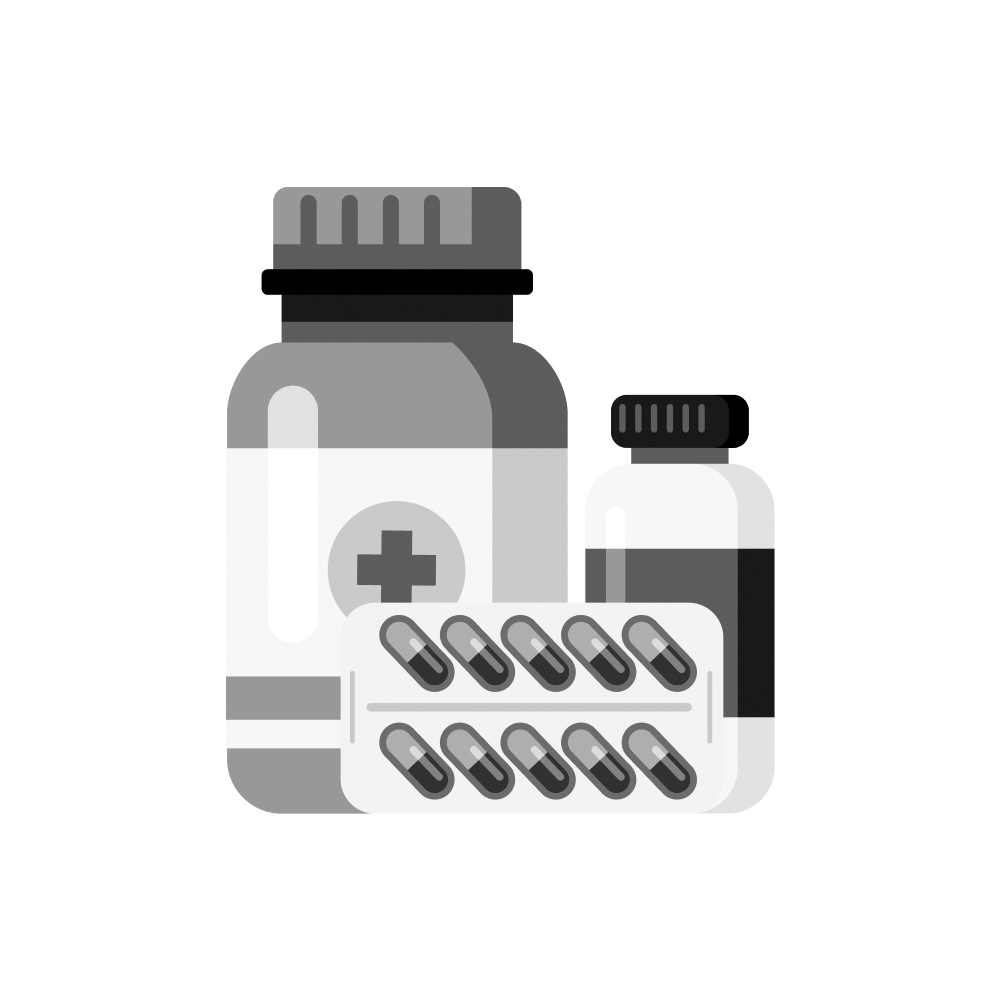

Out of stock
ব্যবসার জন্য পাইকারি দামে পণ্য কিনতে রেজিস্টেশন করুন
Register
Safety Advices
বাংলা
English
CAUTION
Caution is advised when consuming alcohol with Acora. Please consult your doctor.
CONSULT YOUR DOCTOR
Acora may be unsafe to use during pregnancy. Although there are limited studies in humans, animal studies have shown harmful effects on the developing baby. Your doctor will weigh the benefits and any potential risks before prescribing it to you. Please consult your doctor.
CONSULT YOUR DOCTOR
Information regarding the use of Acora during breastfeeding is not available. Please consult your doctor.
SAFE
Acora does not usually affect your ability to drive.
SAFE IF PRESCRIBED
Acora is safe to use in patients with kidney disease. No dose adjustment of Acora is recommended.
Limited information is available on the use of Acora in renal dialysis patients.
CAUTION
Acora should be used with caution in patients with liver disease. Dose adjustment of Acora may be needed. Please consult your doctor.
Use of Acora is not recommended in patients with severe liver disease.
Medicine Overview of Acora 90mg Tablet
Introduction
Acora belongs to a group of medicines called antiplatelets or blood thinners. It reduces the formation of harmful blood clots in blood vessels. This helps to prevent a heart attack or stroke in people with heart disease. Acora is also used to treat people with a recent heart attack or severe heart-related chest pain (unstable angina), who have undergone stenting of the heart. It helps to prevent serious heart-related problems like having another heart attack, stroke, or formation of blood clots in stents in such people. Your doctor will also prescribe aspirin, another antiplatelet medicine, along with it. This medicine...
... Show moreUses of Acora
- Prevention of heart attack and stroke
- Heart attack
Side effects of Acora
Common
- Bleeding
- Breathlessness
How to use Acora
Take this medicine in the dose and duration as advised by your doctor. Swallow it as a whole. Do not chew, crush or break it. Acora may be taken with or without food, but it is better to take it at a fixed time.
How Acora works
Acora is an antiplatelet medication. It works by preventing platelets from sticking together, thereby decreasing the formation of harmful blood clots. This lowers the chance of heart attack or stroke.
What if you forget to take Acora?
If you miss a dose of Acora, take it as soon as possible. However, if it is almost time for your next dose, skip the missed dose and go back to your regular schedule. Do not double the dose.
Quick Tips
- For best results, take it at the same time every day.
- Acora increases your risk of bleeding. Be careful while shaving, using sharp objects, or cutting fingernails or toenails.
- Do not discontinue using the medicine without consulting your doctor as this may increase your chances of having another heart attack or stroke.
- If you are scheduled to undergo a surgery or dental treatment, you may be asked to stop taking Acora temporarily.
- You may experience shortness of breath in the initial weeks of therapy. Notify your doctor if it becomes worse or persists for long.
Brief Description
Indication
Prevention of thrombotic events, [cardiovascular death (CV), myocardial infarction (MI) and stroke] in patients with acute coronary syndromes (ACS) [unstable angina, non-ST elevation myocardial infarction (NSTEMI) or ST elevation myocardial infarction (STEMI)]; including patients managed with percutaneous coronary intervention (PCI), coronary artery bypass grafting (CABG).
Administration
May be taken with or without food.
Adult Dose
Oral
Acute coronary syndrome
Adult:
Loading dose (following ACS event): 180 mg PO (two 90 mg tablets)
Maintenance dose (for first year following ACS event): 90 mg PO BID
Maintenance dose (after 1 year with history of MI): 60 mg PO BID
Administer with aspirin: Initial aspirin loading dose of 325 mg, then maintenance dose of aspirin of 75-100 mg/day; DO NOT exceed aspirin dose of 100 mg/day.
Hepatic Impairment Moderate to severe: Contraindicated.
Renal Dose
Renal impairment
No dosage adjustment needed
Contraindication
History of Intracranial Hemorrhage: Ticagrelor is not recommended in patients with a history of intracranial hemorrhage (ICH) due to a high risk of recurrent ICH in this population. Active Bleeding: Patients with active pathological bleeding eg, peptic ulcer or intracranial hemorrhage.
Severe Hepatic Impairment: Patients with severe hepatic impairment because of a probable increase in exposure, and it has not been studied in these patients. Severe hepatic impairment increases the risk of bleeding because of reduced synthesis of coagulation proteins.
Hypersensitivity (eg, angioedema) to ticagrelor or to any of the components.
Mode of Action
Ticagrelor and its major metabolite reversibly interact with the platelet P2Y12 ADP-receptor to prevent signal transduction and platelet activation. Ticagrelor and its active metabolite are approximately equipotent.
Precaution
Patients w/ increased risk of bleeding (e.g. patients who are likely to undergo surgery or invasive procedures). Patients at risk of bradycardic events; w/ history of asthma or COPD, hyperuricaemia or gouty arthritis. Pregnancy and lactation.
Lactation: Unknown whether distributed in human breast milk; potential for serious adverse reactions in breastfed infants, a decision should be made whether to discontinue nursing or to discontinue drug, taking into account the importance of the drug to the mother
Side Effect
>10%
Dyspnea (13.8%),Bleeding
1-10%
Headache (6.5%),Cough (4.9%),Dizziness (4.5%),Nausea (4.3%),Atrial fibrillation (4.2%),Hypertension (3.8%),Noncardiac chest pain (3.7%),Diarrhea (3.7%),Back pain (3.6%),Hypotension (3.2%),Fatigue (3.2%),Chest pain (3.1%),Syncope (1.7%)
<1%
Dyspena (0.9%)
Bleeding
Non-CABG related bleeds
Total bleeds (major + minor) (8.7%)
Major bleeds (4.5%)
Fatal/life-threatening (2.1%)
Fatal (0.2%)
Intracranial (fatal/life-threatening) (0.3%)
CABG related bleeds
Total major bleeds (85.8%)
Major bleeds when antiplatelet therapy stopped 5 days before CABG (75%)
Fatal/life-threatening (48.1%)
Fatal (0.9%)
Interaction
Aminocaproic acid or tranexamic acid &/or recombinant clotting factor VIIa may augment haemostatis. NSAIDs, oral anticoagulants &/or fibrinolytics, ketoconazole, clarithromycin, nefazodone, ritonavir, atazanavir, rifampin, dexamethasone, phenytoin, carbamazepine, phenobarb, simvastatin >40 mg, digoxin. Increased Cmax & AUC w/ cyclosporine.
ব্যবসার জন্য পাইকারি দামে পণ্য কিনতে রেজিস্টেশন করুন
Register